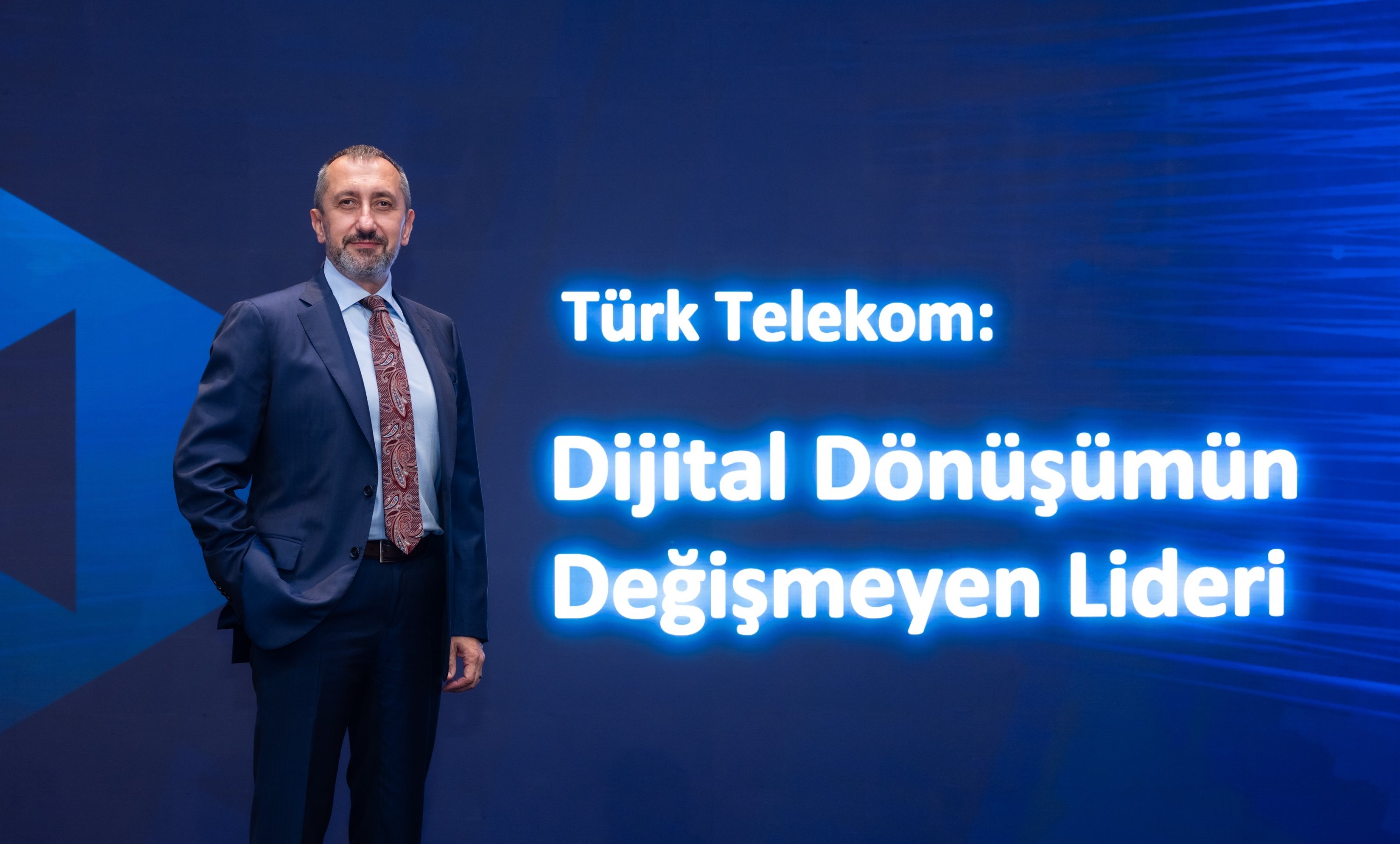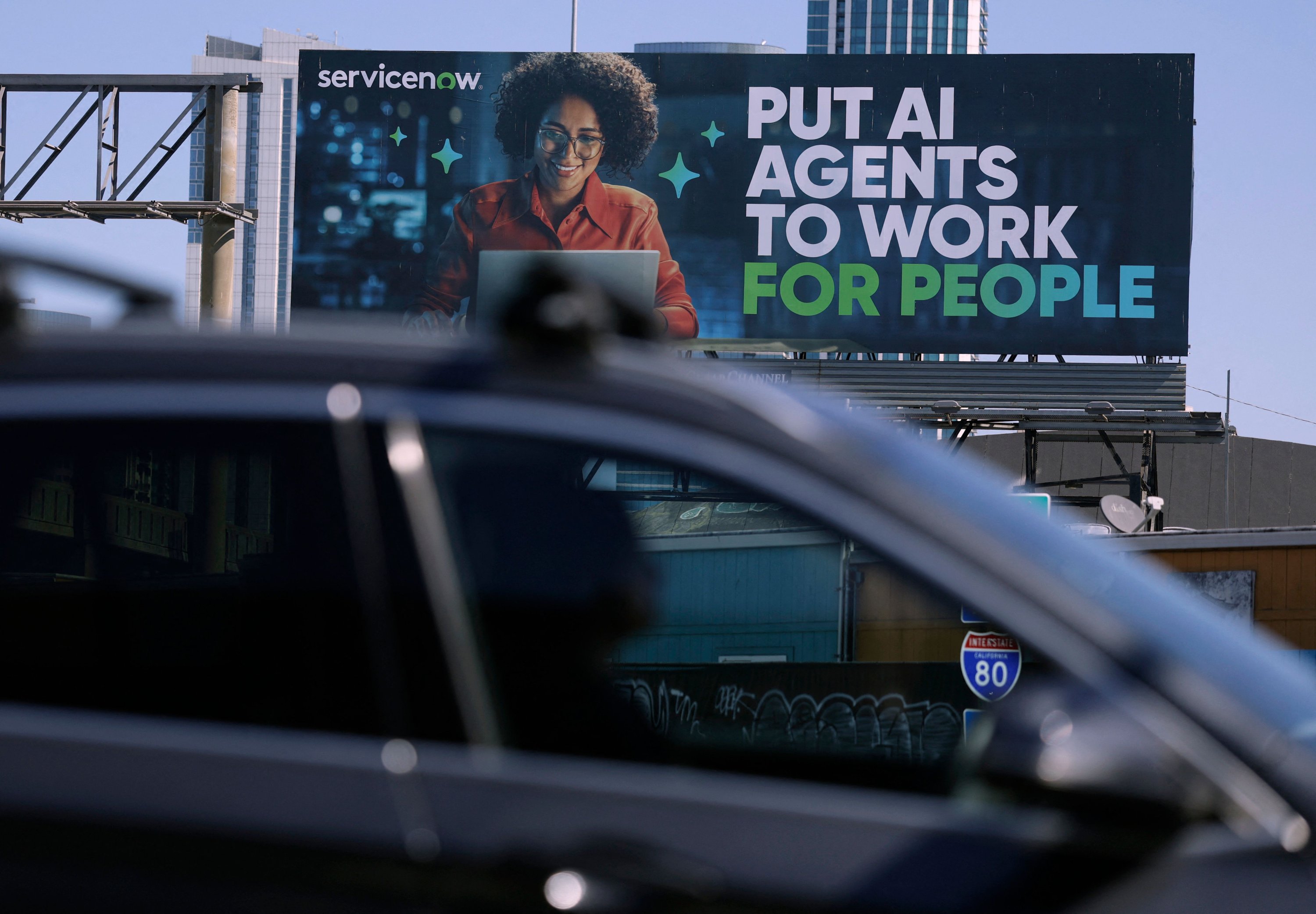Physical Address
Indirizzo: Via Mario Greco 60, Buttigliera Alta, 10090, Torino, Italy
Physical Address
Indirizzo: Via Mario Greco 60, Buttigliera Alta, 10090, Torino, Italy

U.S. semiconductor manufacturer Qualcomm this week laid out a vision for the future of connectivity and computing, with its CEO Cristiano Amon stressing that artificial intelligence will become the new user interface and announcing that 6G-compatible devices will begin to roll out by 2028.
Amon’s remarks came on the sidelines of the Snapdragon Summit 2025, where he emphasized that 6G will go beyond just connecting devices, suggesting that it will interpret sensor data to understand and contextualize the environment.
Qualcomm, which plays an active role in 3GPP standards development, expects pre-commercial 6G devices to be ready by 2028, or possibly even earlier, according to Amon.
Amon highlighted a paradigm shift in user interaction, stating that devices will no longer rely solely on applications but will engage users through personal AI agents.
Devices such as phones, smartwatches, earbuds, and glasses will be part of a unified ecosystem powered by AI agents at the core of daily life, he explained.
“We no longer need to click icons or navigate menus. AI will intuitively interact with us by understanding our intent,” said Amon, emphasizing that user experience is increasingly shifting toward an “AI agent-centric” structure.
Amon’s remarks signal that Qualcomm is positioning itself not merely as a mobile processor manufacturer, but as a central player in AI agents, edge-cloud solutions and next-generation connectivity technologies.
Appearing onstage alongside Google executives, Amon announced new steps toward integrating the mobile and PC worlds.
“I’ve seen it firsthand – it’s incredible. It’s turning the vision of mobile-PC convergence into reality,” he said, revealing that a shared technical foundation has been established between the Android and PC ecosystems.
In the emerging ecosystem, where AI becomes the new interface, Qualcomm and Google are collaborating deeply across devices ranging from cars and smart glasses to laptops and smartphones.
On the application and hardware front, Qualcomm is also partnering with major brands such as Adobe, Asus, HP, Lenovo and Razer, covering everything from office productivity to mobile entertainment.
Outlining Qualcomm’s future vision, Amon identified six key areas where the company will invest and innovate:
As Türkiye prepares for the commercial launch of 5G services in 2026, Türk Telekom is ramping up its infrastructure investments and simultaneously advancing its strategic vision for 6G.
One of Türkiye’s leading telecoms and technology companies is positioning itself not only as a national leader in next-generation connectivity but also as a proactive contributor to global 6G research and development.
According to the Transport and Infrastructure Ministry, the 5G spectrum auction is scheduled for Oct. 16, 2025, with 11 frequency packages to be offered across the 700 MHz and 3.5 GHz bands. Commercial 5G services are expected to begin on April 1, 2026.
Türk Telekom’s infrastructure expansion is aligned with this timeline, having invested over TL 21.8 billion in the first half of 2025, primarily in fiber networks.
The company’s fiber cable length has reached 496,000 kilometers, with coverage extending to 33.5 million households.

In parallel, Türk Telekom has been testing diverse 5G use cases, including VR broadcasting, stadium applications, and industrial solutions, creating a broad experiential foundation for future services.
Looking ahead, Türk Telekom is also actively shaping its 6G road map. The company has entered into research partnerships with Ericsson and Nokia, participating in international initiatives such as SafeRoute-6G, which focuses on secure mobility and next-generation communication technologies.
CEO Ümit Önal described the 6G effort as a “national responsibility,” emphasizing its potential to deliver transformative benefits in health care, agriculture, education and urban development.
While Türk Telekom is preparing Türkiye for next-generation connectivity with 5G, it is also working to build an ecosystem for 6G.
However, the company faces several major challenges, including high licensing costs, the financial burden of infrastructure investments and the complexities of global standardization.
More than 1,140 early-stage funding rounds were recorded worldwide in August, with artificial intelligence emerging as the dominant theme.
According to CB Insights data, over 30% of these investments targeted startups developing AI-powered products and services.
Startups working on AI agents were particularly active, securing more than 50 funding rounds globally. These companies are developing intelligent systems capable of autonomous decision-making, contextual understanding, and real-time interaction.
In Türkiye, early-stage funding was notably driven by the Scientific and Technological Research Institution of Türkiye’s (TÜBITAK) BiGG program.
Among the standout deals of the month was FieldAI’s $314 million Series A round, valuing the robotics-focused company at $2 billion. Blockchain/crypto and robotics sectors also attracted significant attention, each closing around 50 deals.
In Türkiye, the spotlight was on TÜBITAK’s BIGG program. Traditionally structured around grants and financial support, the program has evolved with the introduction of “BiGG Investment,” which emphasizes equity-based early-stage funding.

As of 2025, BiGG Investment calls are actively underway. In the first call of the year, 2,031 applications were received, 1,344 candidates were accepted into the program, and 101 entrepreneurs earned the “Seal of Excellence,” qualifying them for investment.
EchoTwin AI has announced the successful completion of an $8 million seed funding round, led by Metis Ventures with participation from Automotive Ventures, Eksim Ventures, Higher Life Ventures, Supernova, and Tesserakt Ventures.
The round positions EchoTwin AI as a rising force in the rapidly evolving smart city sector, which is being reshaped by urbanization, growing demand for sustainable infrastructure and breakthroughs in AI, IoT, 5G and edge computing.
These factors are transforming how municipalities plan, monitor, and manage urban environments, unlocking new opportunities to enhance resilience, efficiency, and quality of life.
However, many cities that lack modern technology investments still face major challenges, including reactive and costly infrastructure maintenance, persistent traffic congestion, mounting environmental pressures and widening gaps in public safety.
EchoTwin AI’s platform breaks this cycle. By transforming daily municipal vehicle fleets into real-time, AI-powered urban sensors, it creates a living digital twin of the city. This dynamic model enables cities to shift from reactive maintenance to predictive and self-healing operations. It also allows for automatic detection and resolution of infrastructure and compliance issues before they escalate.
At the heart of EchoTwin’s technology is a proprietary visual intelligence engine capable of full spatial reasoning. Integrated with patented AI and machine learning frameworks, the system features a Visual Language Model (VLM) capable of semantic traffic violation detection. This enables urban communities to position their fleets as infrastructure guardians, delivering scalable compliance, safety and resilience.
EchoTwin AI’s leadership team brings deep expertise, having deployed thousands of edge-based AI systems across the globe in mission-critical and highly complex environments.
EchoTwin AI Founder and Global CEO Chris Carson stated that cities are embracing the mission of evolving from smart cities to cognitive cities.
“By 2050, it’s projected that 70% of the world’s population will live in urban areas, placing unprecedented pressure on infrastructure worldwide. Our mission is to help cities transition from smart to cognitive,” Carson said.
“EchoTwin provides municipalities with real-time visibility and actionable intelligence, enabling them to automatically detect, anticipate and resolve urban challenges,” he noted.
“With our platform, cities gain the ability to truly ‘see, think, and act,’ creating cleaner, safer, more sustainable urban ecosystems that can heal themselves.”
EchoTwin AI is actively piloting its platform with leading institutions in dynamic global cities across the United States, Europe and the Middle East. As technologies enabling real-time monitoring, analytics and automation continue to evolve, the global smart cities market is expected to nearly double over the next five years.
Positioned as a frontrunner in this category, EchoTwin AI is helping cities become more resilient, adaptive and intelligent.